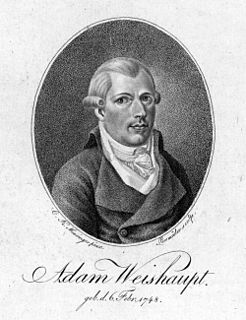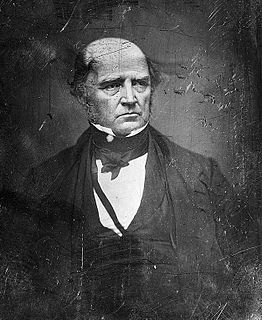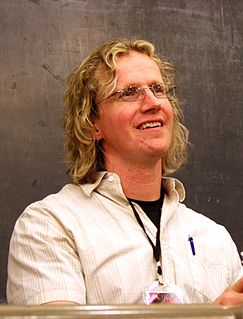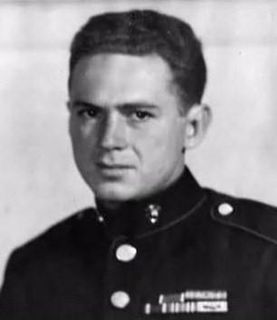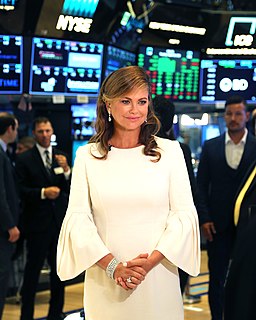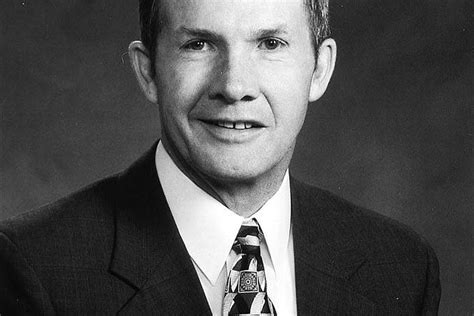A Quote by William Hazlitt
He who expects from a great name in politics, in philosophy, in art, equal greatness in other things, is little versed in human nature. Our strength lies in our weakness. The learned in books are ignorant of the world. He who is ignorant of books is often well acquainted with other things; for life is of the same length in the learned and unlearned; the mind cannot be idle; if it is not taken up with one thing, it attends to another through choice or necessity; and the degree of previous capacity in one class or another is a mere lottery.
Quote Topics
Acquainted
Another
Art
Books
Cannot
Capacity
Choice
Class
Degree
Equal
Expects
Great
Greatness
Human
Human Nature
Idle
Ignorant
Learned
Length
Lies
Life
Life Is
Little
Lottery
Mere
Mind
Name
Nature
Necessity
Often
One Thing
Other
Our
Philosophy
Politics
Previous
Same
Strength
Taken
Thing
Things
Through
Up
Weakness
Well
World
Related Quotes
The great strength of our Order lies in its concealment; let it never appear in any place in its own name but always covered by another name and another occupation. None is fitter than the three lower degrees of Freemasonry; the public is accustomed to it, expects little from it and therefore takes little notice of it.
The law is equal before all of us; but we are not all equal before the law. Virtually there is one law for the rich and another for the poor, one law for the cunning and another for the simple, one law for the forceful and another for the feeble, one law for the ignorant and another for the learned, one law for the brave and another for the timid, and within family limits one law for the parent and no law at all for the child.
There is a sort of knowledge beyond the power of learning to bestow, and this is to be had in conversation; so necessary is this to the understanding the characters of men, that none are more ignorant of them than those learned pedants whose lives have been entirely consumed in colleges and among books; for however exquisitely human nature may have been described by writers the true practical system can be learned only in the world.
It was curious to think that the sky was the same for everybody, in Eurasia or Eastasia as well as here. And the people under the sky were also very much the same--everywhere, all over the world, hundreds or thousands of millions of people just like this, people ignorant of one another's existence, held apart by walls of hatred and lies, and yet almost exactly the same--people who had never learned to think but were storing up in their hearts and bellies and muscles the power that would one day overturn the world.
We with my husband [Joseph Millar] are often the first reader for one another's work, and we often also have the last word. We trust each other. We have our past working life in common, our recombined families, as well as our life as teachers, and we read much of the same literature and have similar esthetics, so there's a simpatico there. But we do disagree and that can be fruitful, even if it's not so great in the moment.
I used to be pro-choice."..."I was once pro-choice and the thing that changed my mind was, I read my husband's biology books, medical books, and what I learned . . . At the moment of conception, a life starts. And this life has its own unique set of DNA, which contains a blueprint for the whole genetic makeup. The sex is determined. We know there's a life because it's growing and changing.
Many of the most important principles of intelligence cannot by taught at universities, from books, or through other temporal learning processes. Often these great principles are learned from afflictions, tribulations, and other mortal experiences. All that we learn in this manner will benefit us not only in this life but also in the next, for 'whatever principle of intelligence we attain unto in this life, it will rise with us in the resurrection'.

